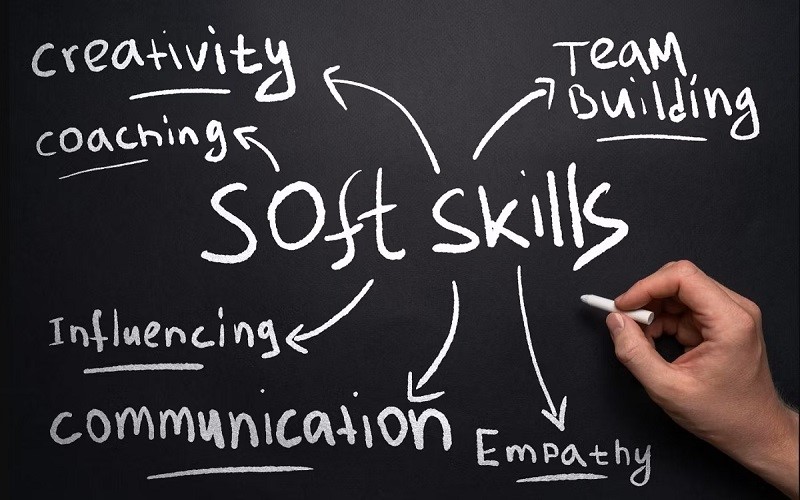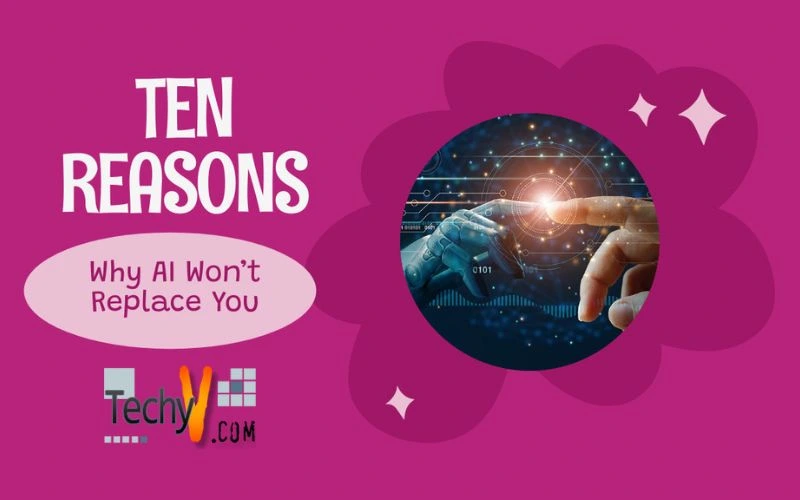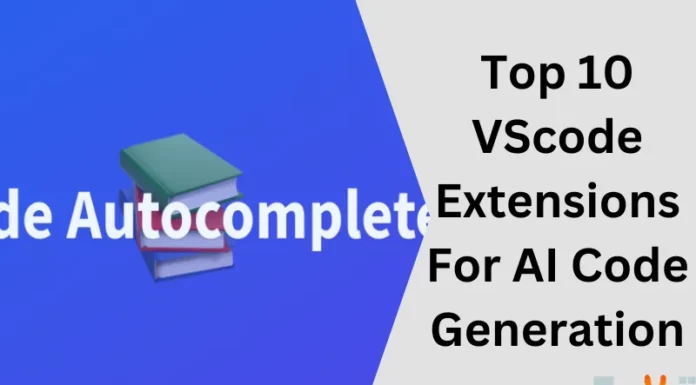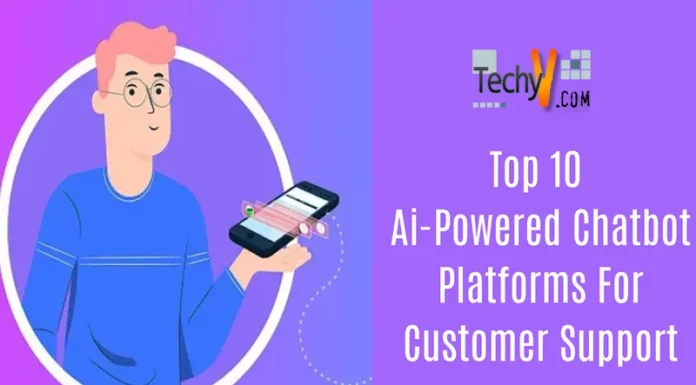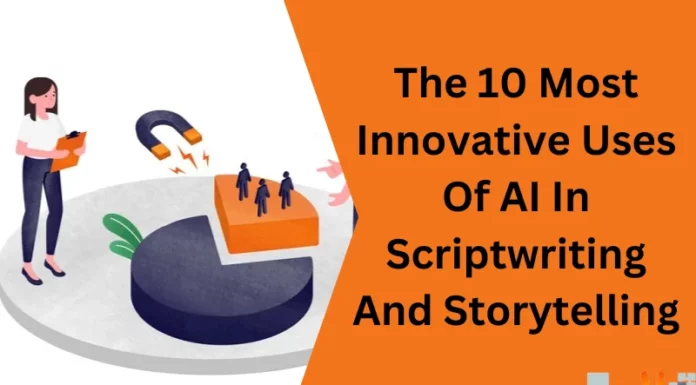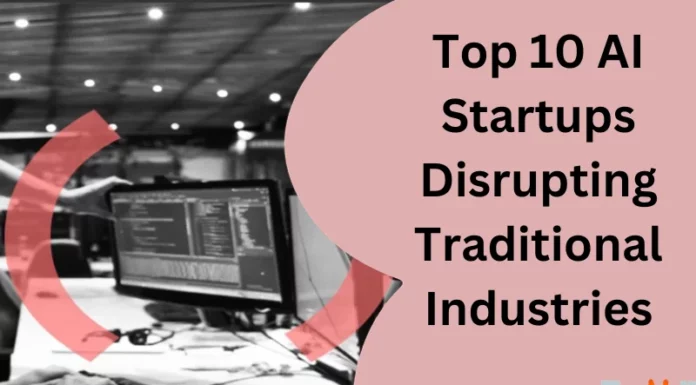With exponential advancements in technology, there has been an emergence of various technologies which have streamlined and reduced the amount of time and energy it takes to do a lot of day-to-day and a lot of professional workloads as well. AI also seems to be moving in the same direction where it might cause a lot of professionals to be endangered of losing their jobs. This is indeed not the case, as there are a lot of reasons AI won’t be able to match up in the level of work its human counterpart can do.
1. It’s Absolute Inability To Understand Emotions
AI might be able to write essays and frame content, but the most intricate part is understanding what is in demand and what audience it is working for. All these behavioral analyses, which humans can understand and moderate their work according to the constraints. AI also is very repetitive. The work it does is very monotonous. It only has a certain amount of data with it.
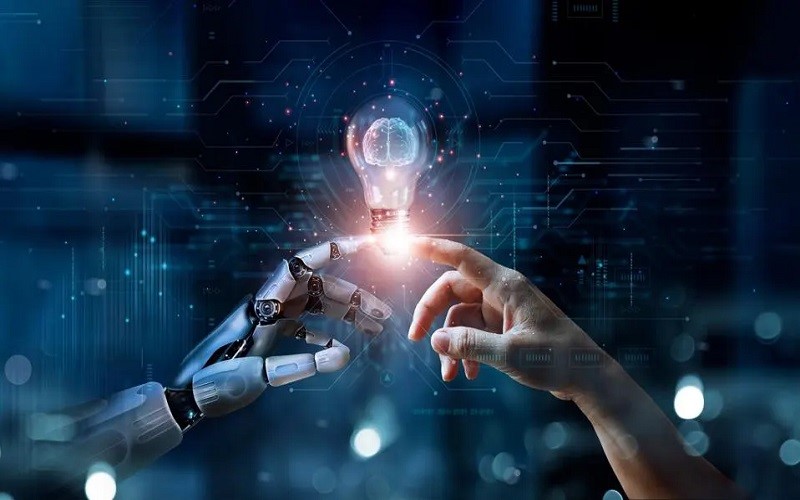
2. Unable To Shift Its Resolution With Changing Landscape
AI might be able to retrieve and convey information quickly and accurately, but it is unable to change resolution with new developments that have been fed into the data set. It does not have to be able to retrieve recent and updated data constantly. It can only work on old data.
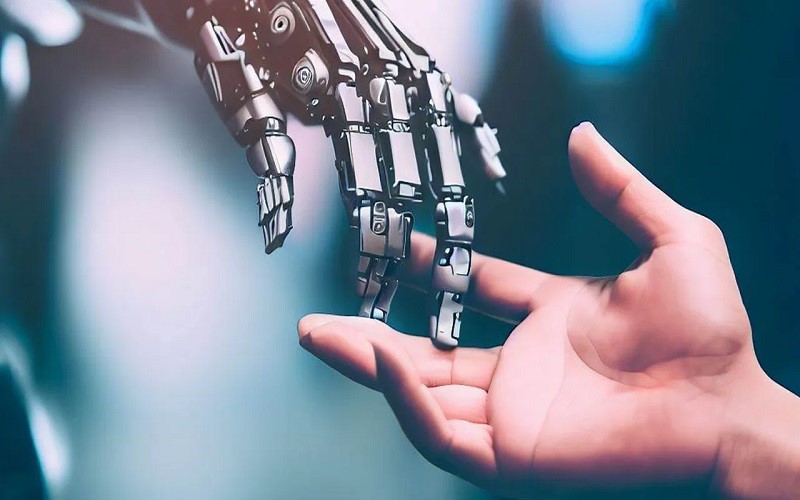
3. Unable To Fact-check The Output
New AI language models that are currently publicly available often are inaccurate and unreliable with the outputs they provide. It might be quick and may give a pathway for further development, but all the data it gives out is not accurate in most cases and is unreliable.
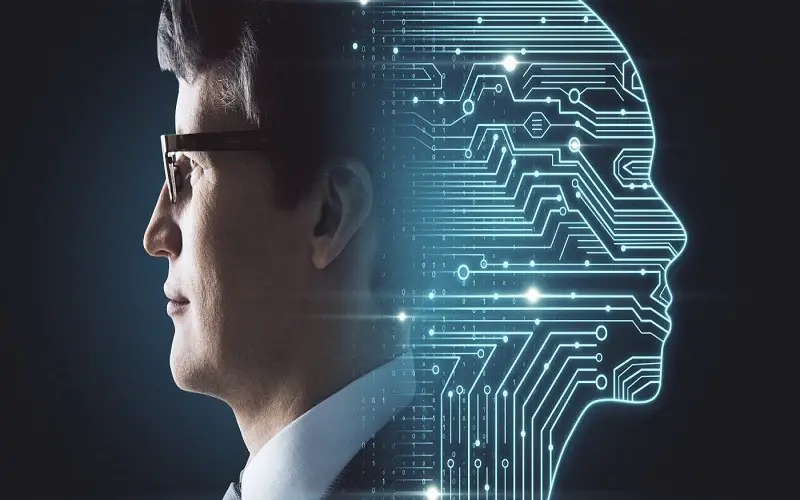
4. It Can Only Be An Extension Of A Human’s Work
AI can be very helpful in giving a roadmap and initial understanding to develop the final product but cannot be relied on to be able to start and make a fine-tuned and capable final product as it does not have any understanding of the parameters. It only works on the words and data it is provided, nothing else.
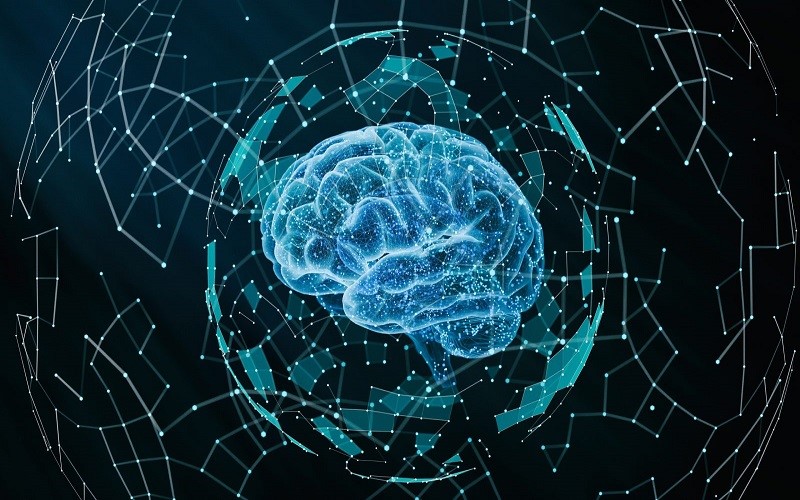
5. Learning With The Process
A person with more and more work and understanding of their tasks creates insight and intuition for the same, whereas AI cannot do so. It cannot start new neural links with what it has already done. It can only reproduce the data it has already been fed and nothing much. If the given task is outside its parameters, it will produce unreliable and inaccurate products.
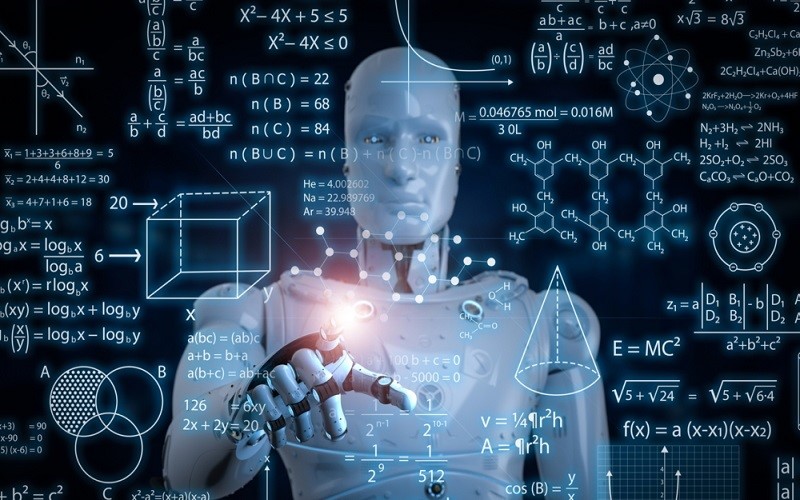
6. Developing Unique Skills
AI cannot replicate a human touch as every person has some unique traits which point towards their uniqueness which a language model won’t be able to recreate as it only has one way of digesting and reproducing information and cannot fine-tune its parameter to produce different results for the same circumstances.
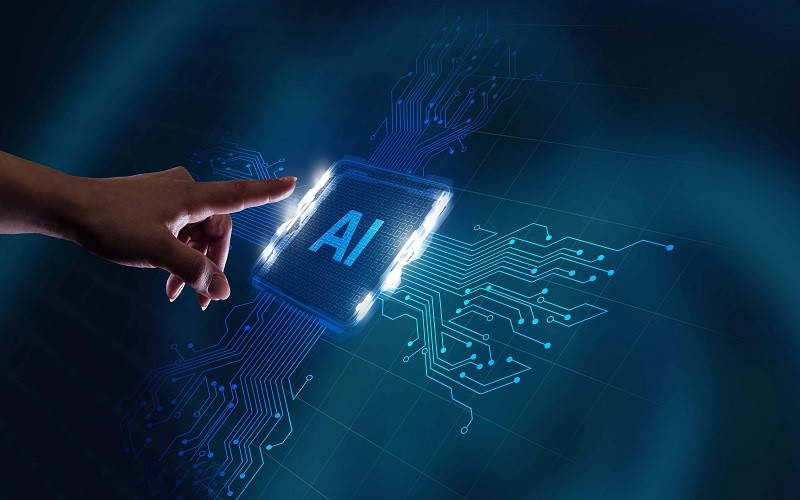
7. Producing New Ideas
AI is unable to understand any context and cannot reproduce any context from scratch either, due to which it is unable to generate its own thoughts or thinking process. It will always process information as previously specified and cannot develop any new understanding. Thus, it will never be able to produce a unique statement.
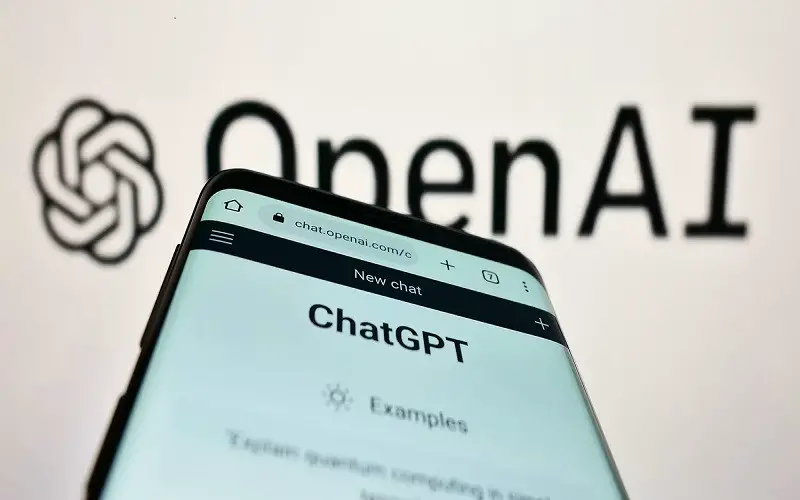
8. AI Is Not Independent
It only works how a person has tuned it to work. It will never work outside of those parameters. Thus, AI is only a reflection of a human mind, not an actual human which thinks and understands. This even widens the gap in capabilities between a person and an AI.
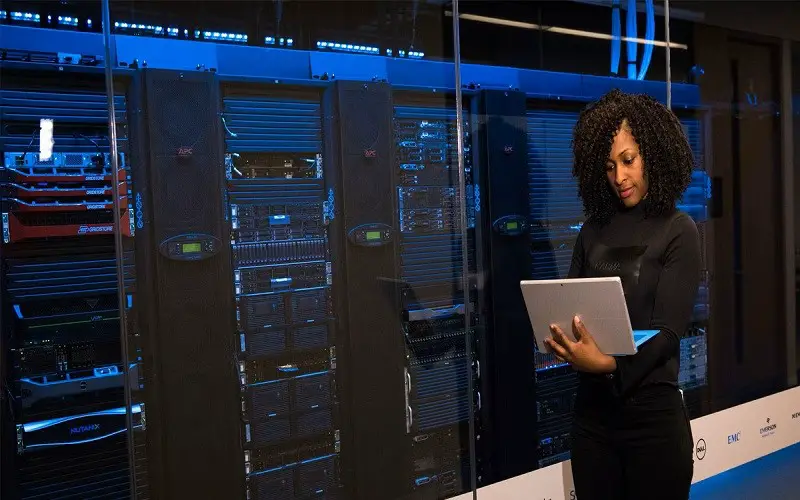
9. Unable To Reason Or Make Counter-arguments
A language model is only a machine that answers and responds to arguments it is provided with. It cannot work its way to reason with its or the statements it is delivered. It answers solely based on what it has been prompted and will bend to its understanding if told so. Thus, it cannot be relied upon for counter-arguments.
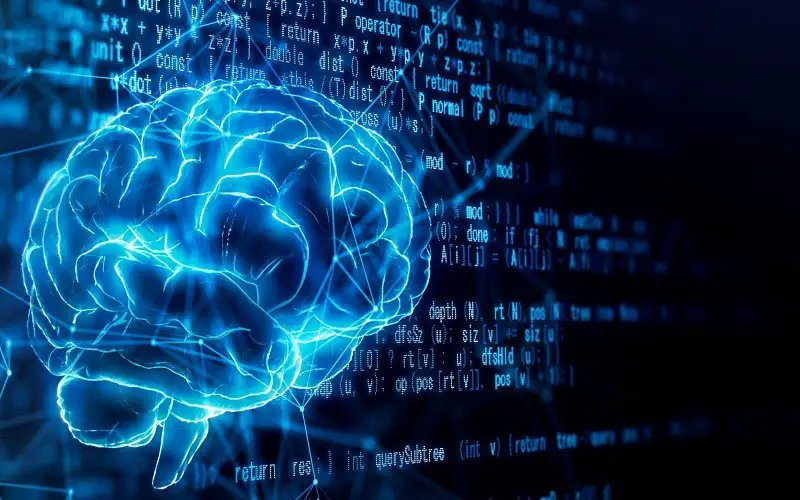
10. Learning Soft Skills
A person will learn and develop soft skills as it gains experience and is put in different scenarios. The human brain develops new neuron connections when faced with these situations and develops new skills to face new problems. AI cannot make new connections as it has no way of understanding any context and does not have any memory.
